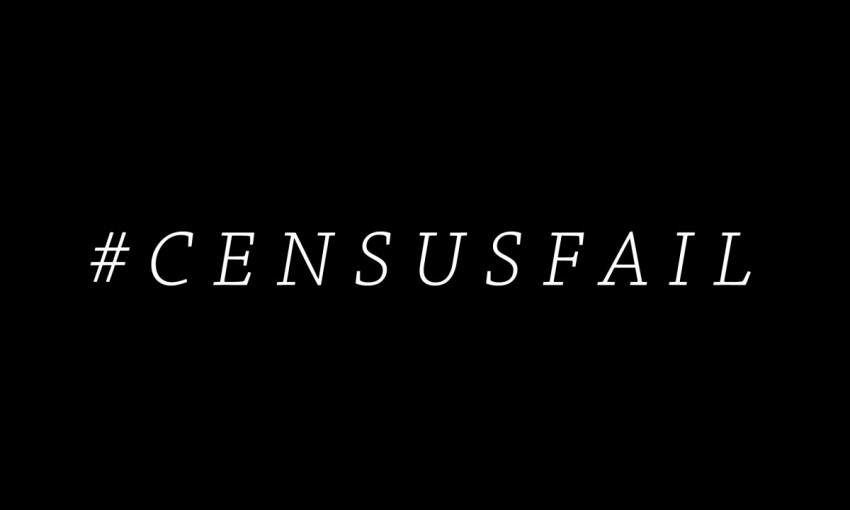In an age where computer microphones quietly gather data, Alexis Buxton-Collins thinks privacy concerns about the Census might be a little overblown.
The difference between #censusfail and failure of the Census
Until about a month ago, many people didn’t even realise that 2016 is a census year.
There was a protracted election campaign that probably told us a lot less about Australians than the census will; terror attacks; the Olympics; another election across the Pacific that provides distraction and fear in equal measures; and any number of other, seemingly more pressing matters.
Generally the feeling is that the census is simply not that interesting. Useful, most would agree. Necessary even, but worthy of discussion? No, not really, until last week.
In an age when data is increasingly seen as one of the most valuable resources, the census is as important as it has ever been. With greater capacity to compare and match different sets of data, our ability to effectively use information has grown exponentially. But, those expanded uses are largely contingent on being able to effectively cross-reference that information, which is where the recent controversy comes in.
Collecting names and addresses has long been standard practice on the census – without it, the Post-Enumeration Survey that helps to verify the census’ coverage would be impossible. In the past the ABS has stored this data for eighteen months (now it will be stored four years), allowing demographic information collected from the Census to be matched with other datasets. Other agencies already do this, and if you have a Tax File Number or Medicare number, your personal data has already been shared many times.
This process compares rather well with the benefits accrued by mindlessly accepting the terms and conditions of an app upgrade – something almost all of us do on a pretty regular basis.
Crucially, the ABS is in the business of studying trends and the private personal data of respondents is of no interest to the agency other than as a statistical tool. Australian Statistician David Kalisch has iterated that the ABS “never has and never will release identifiable Census data”. The names and address will be removed from census data, turned into an anonymous key in a process that can’t be reverse-engineered, and then stored entirely separately.
The recent scare campaign, spearheaded by privacy and civil liberties groups, does little to acknowledge that those most in need of government assistance are disproportionately disadvantaged in the absence of usable demographic information. A call to provide less accurate responses to the questions on this census is potentially very damaging as the information collected will be used in the allocation of funding for schools, hospitals and other public services as well as determining electoral boundaries.
Privacy concerns are relevant, but so is a knowledge of how this information will be stored, how it can be accessed and what it will be used for.
In Pakistan there has been no census for 18 years. There may be as many people in its largest city, Karachi, as there are in Australia or there may be ten million less.
Without a census there are fewer concerns about data breaches or invasions of privacy, but nor is there a capacity to formulate effective, evidence-based policy. And losing that capacity is what a true #censusfail looks like.




